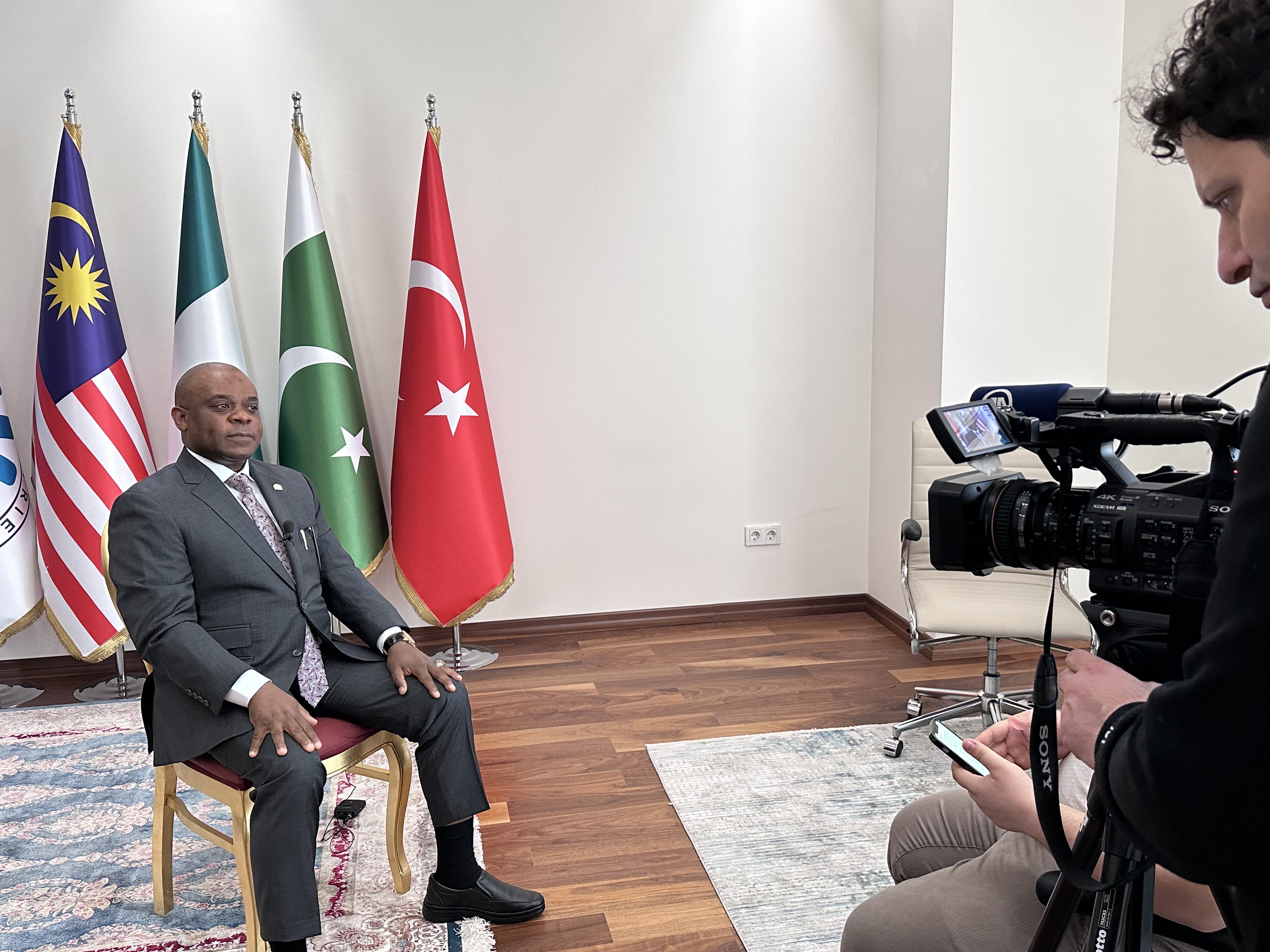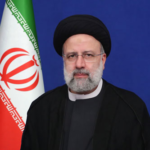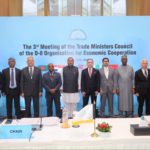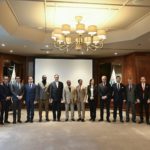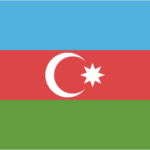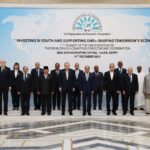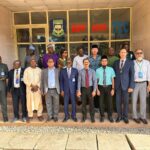A new collaborative mechanism against natural disasters is in the sights of Bangladesh, Egypt, Indonesia, Iran, Malaysia, Nigeria, Pakistan, and Türkiye.
The eight nations, known collectively as the Developing-8 or D-8, aim to bolster their disaster assistance capabilities to meet the needs of each member in the case of an emergency situation, the organization’s secretary-general, Isiaka Abdulkadir Imam, told Anadolu.
Expressing his condolences for the back-to-back earthquakes in February that devasted southern Türkiye and parts of Syria, Imam told Anadolu that all members had their own relief agencies but that the D-8 was trying to create a joint platform.
Nobody wishes for natural disasters to occur, “but when they happen, we should have a collaborative approach,” he said.
In February, the 7.6 and 7.7 magnitude earthquakes hit 11 provinces in Türkiye, causing over 55,000 deaths and affecting more than 13.5 million people.
Dozens of foreign relief and rescue teams came to Türkiye’s aid to help manage the disaster and its effects.
“This tool could meet aid assistance (needs) of the government of any member state if that sort of thing happens again,” he underlined.
Economic improvement
The D-8 is a huge market with a population of over 1.1 billion people, the bloc’s top official said, pointing to an agreement last year between the D-8 and the Turkish Independent Industrialists and Businessmen’s Association (MUSIAD).
Imam said the deal aims to promote economic conditions among member countries through events such as economic seminars.
However, it would be premature to expect immediate results, he said, describing the agreement as a stepping stone.
“So, I’m very optimistic that the cooperation we signed with MUSIAD would help us a lot in unlocking potential and assisting trade in the eight member states,” he said.
The benefits of the accord will start being visible starting in May and into next year in sectors such as energy, agriculture, and infrastructure, the secretary-general stressed.
War’s impacts
The Russia-Ukraine war imposed difficult conditions on some of the D-8 member countries, Imam said, adding that the conflict had revealed the effects that vulnerable nations could have on international trade.
He underlined that the organization was aware of the impacts of the war. “We’re trying to focus more on energy production among our member states, and agriculture.”
While some of the eight-member nations have enjoyed sufficient energy production, others have been lagging, noted Imam.
The D-8 platform could help improve member states’ energy output, he said pointing to two energy meetings that it is organizing later this year.
It is also focused on improving food supply and food security, overseeing certain projects including building a seed bank and boosting fertilizer supplies.
Financial system
According to Imam, the global financial system has recently been going through instability and D-8 countries, not isolated from its effects, are taking measures.
“We’re trying to see how we can build our own payment system,” he said, adding that this could improve members’ overall trade volume.
A new payment card, something akin to Visa or MasterCard, the world’s two largest payment networks, can be used in the eight member states, he added.
Imam noted that the D-8 was also working on a joint e-commerce platform, that would likely completely comply with the Islamic halal trade system.
All of these efforts are meant to introduce critical instruments to reduce financial pressure on member states, he said.
Source: Anadolu Agency (AA)










